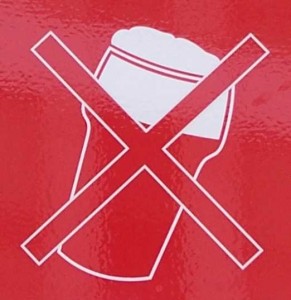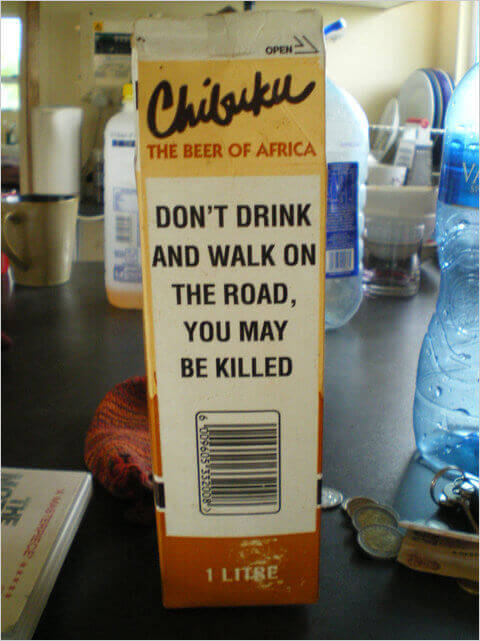 Alcohol dependence, or alcoholism, may be defined by four specific symptoms: a strong need or urge to drink, not being able to stop drinking once you’ve begun, withdrawal symptoms once you do stop drinking (including nausea, sweating, anxiety, shakiness), and the need to drink greater amounts in order to get drunk or high. This disease is often considered chronic, and the craving for alcohol may be as strong as the need for water or food, which means an alcoholic may well sacrifice health and family to obtain what he or she needs. If you’ve been there, you know all this; you also know that after going through detox and recovery, that there is an additional thought that will come to mind — the idea that you can drink again, but this time, in moderation.
Alcohol dependence, or alcoholism, may be defined by four specific symptoms: a strong need or urge to drink, not being able to stop drinking once you’ve begun, withdrawal symptoms once you do stop drinking (including nausea, sweating, anxiety, shakiness), and the need to drink greater amounts in order to get drunk or high. This disease is often considered chronic, and the craving for alcohol may be as strong as the need for water or food, which means an alcoholic may well sacrifice health and family to obtain what he or she needs. If you’ve been there, you know all this; you also know that after going through detox and recovery, that there is an additional thought that will come to mind — the idea that you can drink again, but this time, in moderation.
However, can you ever drink alcohol after recovery? Certainly, people do drink after recovery, but even with just a single drink, this often leads to another drink, and another, until, once again, you’re in need of detox and rehab, another revolution of a terrible cycle. It’s a sequence that can destroy jobs, marriages, relationships and threaten your life and the lives of others.
The safest course of action for alcoholics is to not drink again. It may sound simple, but anyone who has been there knows, this is easier said than done. Intellectually, it makes sense to stop drinking, but the conditions of the disease make this a complicated proposition. This is one of the reasons why there’s so much help available for people who have this problem, enabling you to seek out support groups and search for treatment programs in your local community.
The thought that tells you it’s okay to drink after recovery is one that will lead to negative consequences over time. Not drinking is a conscious choice practiced every day, at times every hour and minute. Remember, though, that there are people who care about what happens to you, often people who have been there before — even if you haven’t met them yet.

